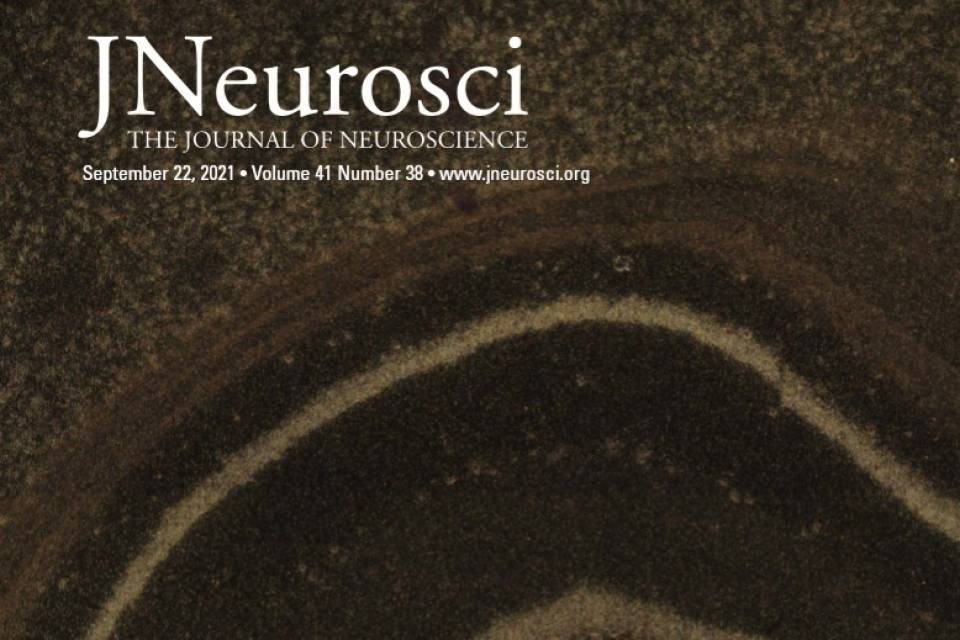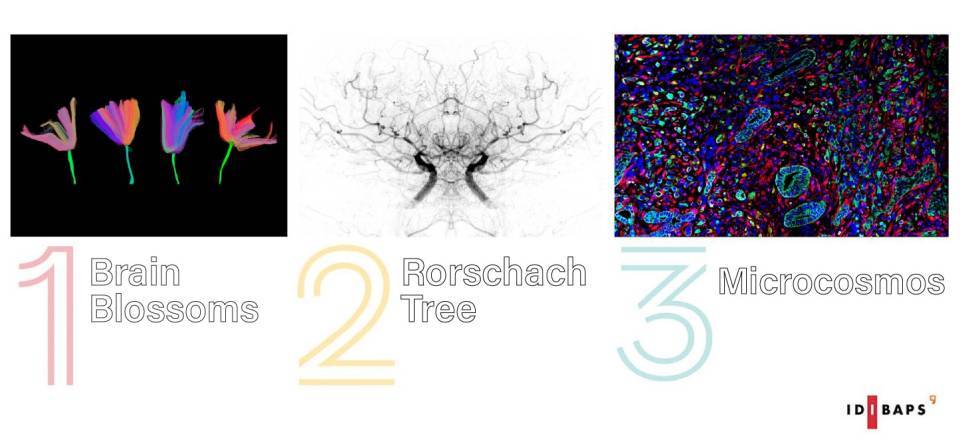The study, published in The Journal of Neurosciences, shows that the cannabinoid receptor CB1 (CB1R), the main molecular target of the bioactive components of cannabis, specifically interacts with an intracellular protein called BiP.
The interaction between CB1R and BiP occurs selectively at terminals of GABAergic (inhibitory) neurons and induces a marked change in the signaling profile associated with CB1R. The CB1R-BiP complexes would act as fine-tuners of anxiety, one of the most common unwanted effects of cannabis use.
The work, led by Manuel Guzmán from the Complutense University of Madrid, has been carried out in the context of a collaborative project of CIBERNED with the participation of M. Teresa Vilaró, Guadalupe Mengod and Roser Cortés from Molecular neuropharmacology group at the IIBB-CSIC-IDIBAPS, and Sílvia Ginés' team from the Pathophysiology and treatment of neurodegenerative disorders group at IDIBAPS. Researchers from the Universities of Barcelona, Basque Country and Queen Mary of London, and INSERM, among others, also took part.
The in situ hybridization image obtained Vilaró has been published on the cover of the issue.

Teresa Vilaró, Susana Muñoz Morales, Roser Cortés, Guadalupe Mengod, Marc Espina and Sílvia Ginés.
Article reference
Costas-Insua C, Moreno E, Maroto EB, Ruiz-Calvo A, Bajo-Grañeras R, Martín-Gutiérrez D, Diez-Alarcia R, Vilaró MT, Cortés R, García-Font N, Martín R, Espina M, Botta J, Ginés S, McCormick PJ, Sánchez-Prieto J, Galve-Roperh I, Mengod G, Urigüen L, Marsicano G, Bellocchio L, Canela EI , Casadó V, Rodríguez-Crespo I and Guzmán M. Identification of BiP as a CB1 Receptor-Interacting Protein That Fine-Tunes Cannabinoid Signaling in the Mouse Brain. The Journal of Neuroscience, 2021, 41(38):7924–7941




